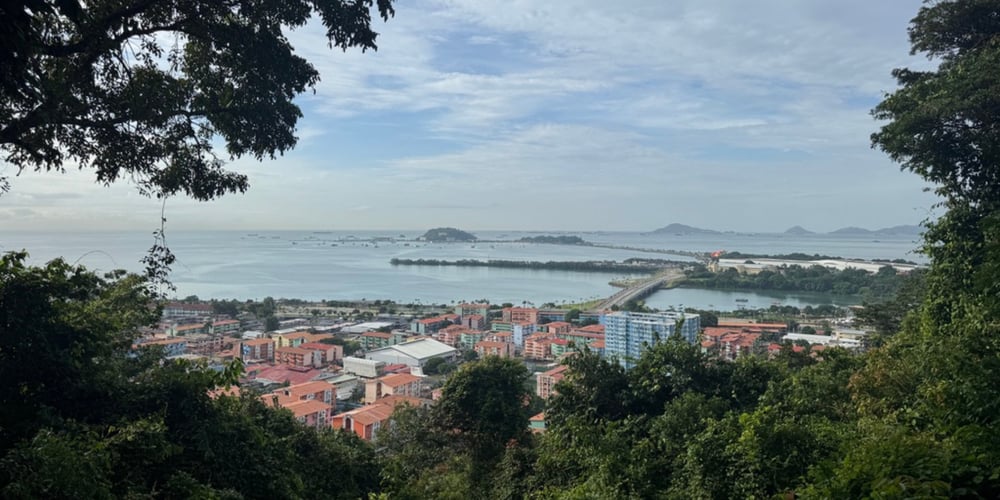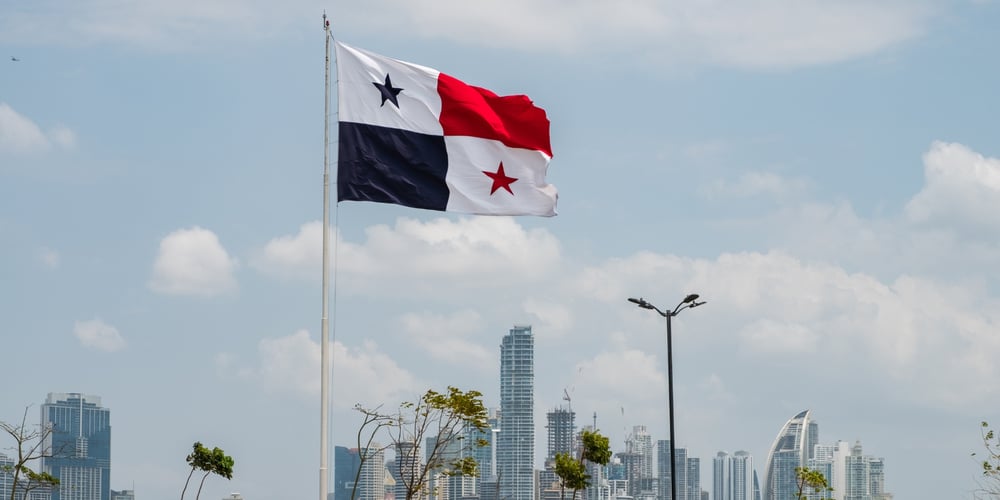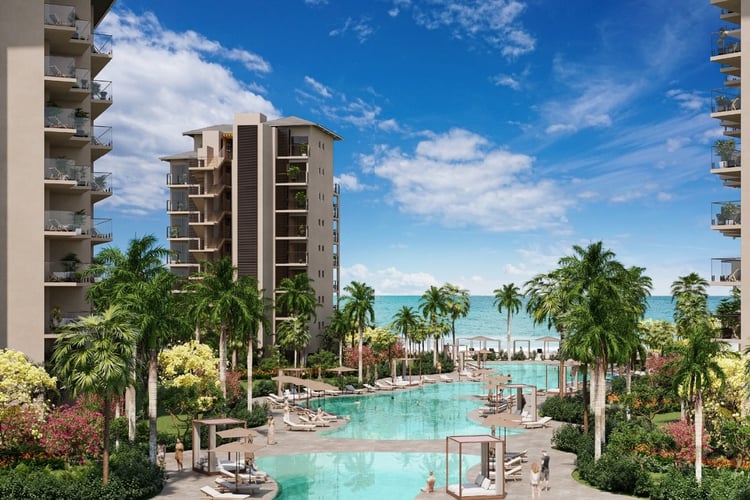Discovering Amador Causeway: Panama City’s Historic Waterfront Escape
The Amador Causeway stretches approximately 6 kilometers (3.7 miles) into the Pacific, linking Panama City’s mainland with the islands of Naos, Perico, and Flamenco. Built in 1913 using rock excavated from the Culebra Cut during the Panama Canal construction, the causeway initially served as a protective breakwater and military installation. Its strategic importance persisted; Fort Amador and Fort Grant were established here to safeguard the canal’s southern entrance — remnants of which remain visible today.
From Fortifications to Recreation
Following its decommissioning and transfer to Panama in the 1990s, Amador Causeway transformed into one of the city’s most beloved recreational zones. Today, it's a hub for walking, cycling, skating, and enjoying ocean breezes against a backdrop of Panamanian skyline and canal activity.
Cultural Anchors & Nature Encounters
-
Biomuseo: Located near the causeway’s entrance, this striking multicolored structure was designed by Frank Gehry and opened in 2014. It’s Latin America’s first museum dedicated to biodiversity, offering immersive exhibits that celebrate Panama’s ecological identity and global significance as a biological crossroads.
-
Punta Culebra Nature Center: On one of the causeway islands, this Smithsonian-run center offers interactive marine exhibits and a dry forest trail where visitors can spot raccoons, sloths, iguanas, birds, and butterflies.
Outdoor Recreation & Island Escapes
Amador is ideal for both active outings and laid-back leisure:
-
Rent bikes, electric scooters, or even family ride-along bikes to explore the paved paths.
-
Kayaks and paddleboards let you explore the bay’s calm waters.
-
Boats to Taboga Island and Las Perlas archipelago depart nearby.
Dining, Views & Entertainment
The causeway features a lively mix of shops, restaurants, and marinas. Whether craving Panamanian, Italian, Japanese, or café-style fare—there’s something for every palate.Evening strolls along the waterfront offer breathtaking views of city lights, maritime movement, and the entrance to the Panama Canal. Live events, music festivals, and marina culture add vibrancy to this urban shoreline.
Quick Guide to Visiting Amador Causeway
Why Amador Causeway Stands Out
Amador Causeway encapsulates the essence of Panama’s history and modern identity—built from its own past (canal excavation and military presence) into a vibrant public space that harmonizes nature, culture, and leisure. It’s a symbolic shoreline where Casco Antiguo meets contemporary ecology, and where every visit feels like walking through Panama’s story.
.png?width=600&height=240&name=Untitled%20design%20(23).png)


